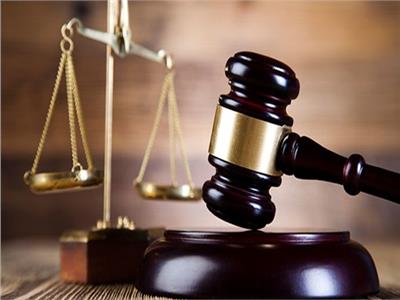
03/02/2022
The sources of law mean what indicates the rooting of the legal base, by returning it to its philosophical, spiritual, or material philosophical origin.
The source can mean what indicates its origin in a method, or what indicates its historical origin, and the word source can be used in the law to denote the political, economic, and social conditions that societies went through in different times, so it could be the legal rules that prevailed in those Societies are customary rules commensurate with their needs, and therefore have become rules that must be respected, and legal rules can be commands and prohibitions contained in the heavenly laws and adhered to by the community, or they may be the interpretation of the judiciary and jurists of certain topics. More
There may be many sources of law, but they can be summarized in the following points:
First: Material sources: Material sources are the basis and essence of the legal base, as they are what constitutes law, and material sources are diverse. The legal rule may be the result of social conditions that societies have gone through, and it may be the result of historical conditions, such as being derived from another law that was applied in society, or from a foreign law applied in another society, and an example of this is the Egyptian law that derived many rules French law and Islamic law.
The legal rule may be derived from the opinions of jurists and the jurisprudence of the courts.
Second: The official sources, which are the sources from which the legal base derives its binding force and becomes enforceable, as it bears the character of mandatory in regulating the behavior of individuals.
Official sources are divided into:
Legislation: Legislation is the first source of law, although it was not widely used in ancient times. Peoples relied on customs and adopted them as legal rules that organize all matters in their lives. .
There are different types of legislation in their degree and strength.
Basic legislation, or what is called the constitution, occupies the first place.
followed by the ordinary law,
Then the sub-legislation.
Basic legislation: it is a set of legal rules that define the system of government in the state, and address the rights and freedoms of individuals, and define the relationship of the legislative authority with other authorities.
Ordinary legislation: it is a set of legal rules set by the legislature within the limits of its competence set out in the constitution. after the constitution.
As for subsidiary legislation, it is the legislation issued by the executive authority in certain circumstances, in order to regulate the application of ordinary legislation to preserve the public interest, by issuing regulations or decisions in the form of executive regulations, regulations, and regulations for the control of these executive regulations. It means that it replaces the original legislative authority, but rather that it is specialized in issuing decisions on an exceptional basis while the original legislative authority remains;
That is why the executive power in this case is called the subsidiary legislative power. To distinguish between it and the original legislative power.
In addition, there are many backup sources, which are divided into:
Custom, principles of Islamic law, principles of natural law, rules of justice, and explanatory sources.
Prepared by Professor Abdullah Al-Dhyani
we look forward to your contact for constructive cooperation, and we always welcome your inquiries and consultations.
All rights reserved Scalf Law Firm 2022 © Marwan Tech